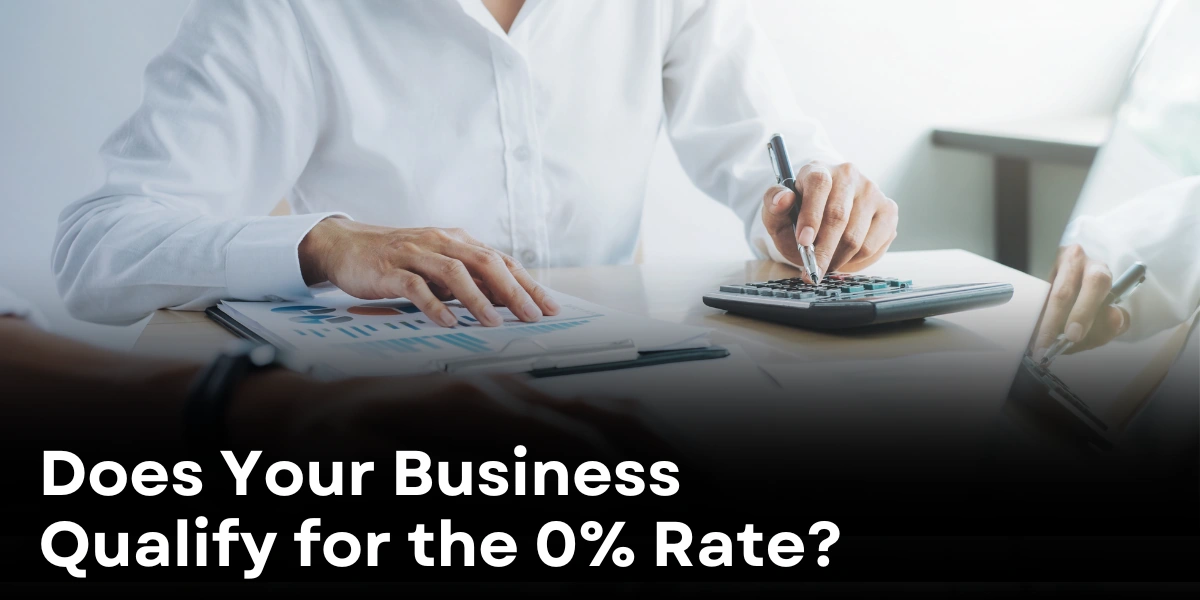
Tax Advantages in the UAE
The United Arab Emirates’ appeal as a corporate destination keeps rising, even with its cutting-edge infrastructure and advantageous position. The introduction of a corporate tax system has provided an additional level of attractiveness, particularly for SMEs and start-ups. The system’s primary feature is the 0% corporate tax rate on a percentage of taxable income. But who exactly qualifies for this kind of advantage? By being aware of these subtleties, you can take advantage of the tax system in the United Arab Emirates to strengthen your company’s financial situation and spur its expansion. You can get in touch with IBR Group, one of the top tax advisors, for more assistance navigating this legislation; we’d be pleased to help.
Who is a Taxable Person under UAE Corporate Tax Law?
For the purposes of corporate taxation, every natural or legal person doing business or engaging in commercial activity in the United Arab Emirates is deemed to be a taxable person. This comprises:
• Public joint-stock companies
• limited liability companies (LLCs);
• Foreign Company Branches
• Individual Ownerships
It is significant to remember that some organizations are exempt from corporate tax, including the United Arab Emirates governmnt, public benefit organizations, and eligible investment funds. The tax consultants may offer comeprehensive advice regarding the eligibility of your particular business entity for an exemption.
Understanding the 0% Tax Threshold
A taxable person’s taxable income is subject to a share that is subject to the 0% corporate tax rate. The annual financial barrier is set at AED 375,000, or roughly USD 102,000. To put it another way, a business that makes up to AED 375,000 in taxable income will not be required to pay corporation tax on that amount. All taxable persons are subject to this level, regardless of the quantity of enterprises they manage. Therefore, each of your firms will benefit from the 0% tax rate on their respective profits if you own two independent enterprises that each generate taxable income below AED 375,000.You can optimize the advantages of the 0% tax threshold by structuring your operations with the assistance of tax specialists such as an IBR Group.
What Happens After the Threshold?
The corporation tax rate of 9% is applied to the total amount of taxable income, not simply the amount that surpasses the threshold, once the income of a taxable individual surpasses AED 375,000. This implies the absence of a progressive tax system.
For example, if a business has AED 500,000 in taxable income, it will pay AED 11,250 (AED 125,000 x 9%) in taxes on the remaining AED 125,000 (AED 500,000 – AED 375,000). This is because the business will pay 0% tax on the first AED 375,000.
Special Considerations for Qualifying Free Zone Persons (QFZPs)
A network of free zones exists in the UAE, and it provides a range of incentives to draw in enterprises. Operating within approved free zones, Qualifying Free Zone Persons (QFZPs) may be entitled to different regulations. At IBR Group, we can help you comply with particular laws and regulations pertaining to free zones.
When it comes to their “qualifying income,” which comes from both transactions with other free zone enterprises and activities conducted within the free zone, QFZPs can take advantage of a 0% corporate tax rate. Nevertheless, any revenue produced outside of the free zone or categorized as “non-qualifying revenue” may be liable to the corporate tax rate of 9%.
Conclusion
Businesses, particularly those with smaller profit margins, can gain a competitive edge from the corporation tax policy in the United Arab Emirates. Startups and small businesses benefit greatly from the 0% tax threshold. Optimizing your tax obligations may require you to investigate possibilities such as free zone configurations and to understand how this threshold works.
